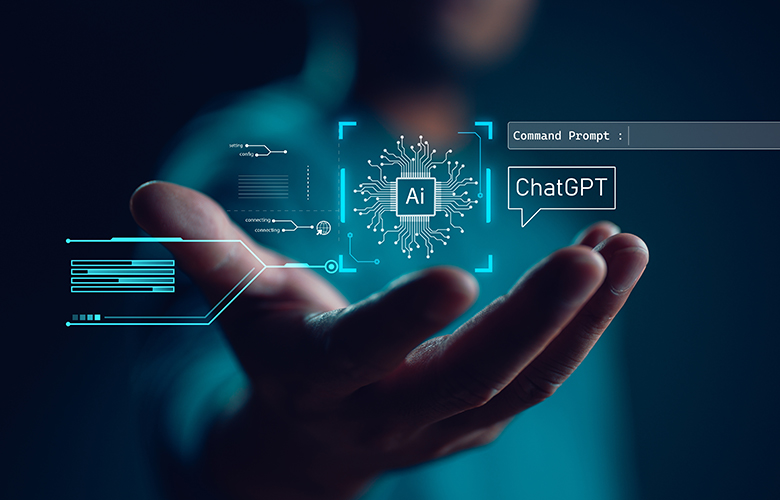“We witnessed yet another battle in Silicon Valley between idealists and capitalists, and the capitalists won”
A year after the emergence of ChatGPT, the Artificial Intelligence (AI) revolution is underway, but the crisis at the company OpenAI leaves no doubt that the giants of the technology sector are holding the reins.
On November 30, 2022, the revelation of the possibilities offered by ChatGPT became in a way the revenge of the geeks, those researchers and engineers who were discreetly building Genetic Artificial Intelligence in the background. As users discover the ability to create poems or recipes in seconds thanks to the new tool, ChatGP becomes the fastest-adopting app in history, before being dethroned by Threads, the social platform launched by Meta to respond to X.
A success that is largely due to Sam Altman, the 38-year-old head of OpenAI, until now very little known outside of the technology sector, who was catapulted into the limelight. This former Stanford student, who dropped out before graduating, became a sort of AI philosopher king. Leaders and leading figures of the world ask for his opinion.
With Artificial Intelligence “your job is to build and sell things that you can’t control,” explains American historian Margaret O’Mara, author of “The Code,” a history of Silicon Valley. “Having a leader able to explain it, especially when it comes to cutting-edge technology, is really important.”
“Religious Fundamentalism”
Sam Altman’s devotion to Artificial Intelligence sometimes seems religious. OpenAI devotees believe that the world will be a safer place if they have the freedom (or funds) to produce Genetic Artificial Intelligence that has the same learning abilities as the human brain.
But this holy mission comes at a cost: OpenAI was forced into an alliance with Microsoft, which pledged $13 billion in investment. To justify them, Altman changed OpenAI’s orientation by putting it on a profit-making trajectory, which a few weeks ago finally led to a revolt by some of the board who thought it would be better to keep the money forces at bay. “There’s a religious fundamentalism to it,” investor Dave Morin comments in a podcast on specialist website The Information.
Fired by OpenAI, Sam Altman returns five days later. Microsoft came to his aid, and OpenAI employees expressed their support for him, believing that their company’s commercial future is more important than philosophical debates about how AI should or shouldn’t be used. .
The question of the benefits or dangers of Artificial Intelligence has actually not stopped being asked. Elon Musk, the billionaire entrepreneur behind Tesla, SpaceX, the Twitter acquisition, has signed a letter calling for a pause in Artificial Intelligence innovations – before starting his own company, xAI, in an increasingly crowded market.
Google, Meta and Amazon have committed to include Artificial Intelligence in their products and have invested in skilled startups. Henceforth, across all sectors, businesses are gearing up to test Artificial Intelligence. But integration attempts remain hesitant, due to the fear that bots will become irrational and start producing wrong, illogical or abusive content. The race to Artificial Intelligence also raises fears of risks to society such as the annihilation of humanity, the mass disappearance of jobs, and large-scale disinformation.
“The capitalists won”
Whatever the future of Artificial Intelligence is, it won’t happen without tech giants like Microsoft, which managed to get a seat on OpenAI’s board during the recent crisis. “We have witnessed yet another battle in Silicon Valley between idealists and capitalists, and the capitalists won,” says historian Margaret O’Mara.
The next chapter in Artificial Intelligence probably won’t be written without the involvement of Nvidia, maker of a secret ingredient: the graphics processing unit (GPU), a powerful digital chip essential to AI training.
All tech giants, startups or researchers need to get their hands on the chips that are made in Taiwan and are expensive and hard to find. Here too, tech giants such as Microsoft, Amazon or Google are at the forefront.








